During the recent Eid-ul-Fitr holiday, 315 road accidents occurred, resulting in 322 deaths and 826 injuries, according to the Bangladesh Jatri Kalyan Samity.
BJKS Secretary General Md Mozammel Haque Chowdhury relayed the information at a press conference on Wednesday at the Sagar-Runi Auditorium of the Dhaka Reporters Unity.
The association further reported that, during the same period, 21 railway accidents led to 20 deaths and eight injuries, reports Dhaka Tribune.
Additionally, four waterway accidents caused 10 deaths, one injury, and one person went missing.
In total, 340 accidents across road, rail, and waterways resulted in 352 deaths and 835 injuries, according to the association.
Mozammel said that between March 24, the beginning of the Eid travel period, and April 7 (Monday), when people returned to work, 322 people died and 826 were injured in 315 road accidents over 15 days.
During Eid-ul-Fitr in 2024, 399 road accidents caused 407 deaths and 1,398 injuries, he said.
Compared to the previous year, this year’s Eid saw a 21.05% decrease in road accidents, a 20.88% decrease in deaths, and a 40.41% decrease in injuries, according to the organization.
In previous years, motorcycles were involved in the highest number of accidents, the report said.
This Eid, 135 motorcycle accidents led to 151 deaths and 155 injuries, accounting for approximately 42.85% of total road accidents, 46.89% of fatalities, and 18.76% of injuries, it added.
During this period, road accident victims included 70 drivers, 47 transport workers, 50 pedestrians, 60 women, 40 children, 33 students, 20 law enforcement personnel, six teachers, four political activists, and one journalist, according to the report.
Analysis of the accidents revealed that 32.27% of the vehicles involved were motorcycles, 16.56% were buses, 14.86% were battery-powered rickshaws, 14.43% were trucks and covered vans, 8.06% were cars and microbuses, 7.21% were locally modified vehicles (Nasimon-Karimon), and 6.58% were CNG-powered autorickshaws.
Regarding the nature of the accidents, 27.30% were head-on collisions, 42.22% involved pedestrians being run over, 20% were due to vehicles losing control and falling into ditches, 1.58% involved trains, 0.31% resulted from clothing getting caught in wheels, and 8.57% occurred due to other unidentified causes.
Further analysis showed that 38.41% of the total accidents occurred on national highways, 21.26% on regional highways, and 34.60% on feeder roads.
Additionally, 3.49% of the total accidents occurred in Dhaka city, 0.63% in Chittagong city, and 1.58% at railway crossings.
Mozammel said that road accidents during Eid increase alarmingly every year, prompting the organization to monitor issues like road accidents, excessive fares, and passenger harassment during the holiday season.
This year, the extended Eid holidays allowed people to travel home in phases, resulting in a smoother travel experience and a noticeable reduction in accidents and casualties, according to the organization`s observations.
Improvements in road conditions compared to previous years and the visible and passenger-friendly activities of regulatory agencies such as the BRTA, the Directorate of National Consumer Rights Protection, Highway Police, and the Bangladesh Army, played a role in this outcome, Mozammel added.
However, due to disorganized and unaware passengers, there was widespread fare gouging and passenger harassment, he said.
As a result of this anarchy, poor people had to risk their lives by travelling on bus roofs, train roofs, open trucks, and freight vehicles, he added.
The press conference identified several causes behind the accidents: unregulated movement of motorcycles, battery-powered rickshaws, and autorickshaws on highways; absence of road signs, road markings, and streetlights on highways causing sudden vehicle entries from feeder roads; lack of dividers in road medians; visibility obstructions from trees and plants on blind curves; construction flaws in highways; faulty vehicles; tendency to violate traffic laws; wrong-way driving; extortion on roads; passenger transportation in freight vehicles; unskilled drivers; unfit vehicles; overloading of passengers; reckless driving; and drivers operating vehicles for extended hours without rest.
Recommendations for accident prevention included banning the import and registration of motorcycles and battery-powered rickshaws, ensuring lighting on national and regional highways for night travel, initiatives to train skilled drivers, providing digital fitness certifications for vehicles, constructing service lanes on important national highways, eliminating road extortion, ensuring drivers’ salaries and working hours, installing sidewalks and pedestrian crossings on highways, installing road signs and markings, enforcing road transport laws through digital systems, developing a modern and efficient bus network, enhancing the capacity of the regulatory agency BRTA, ensuring quality road construction and maintenance, conducting regular road safety audits, scrapping expired and long-term unfit public transport, and extending Eid holidays.


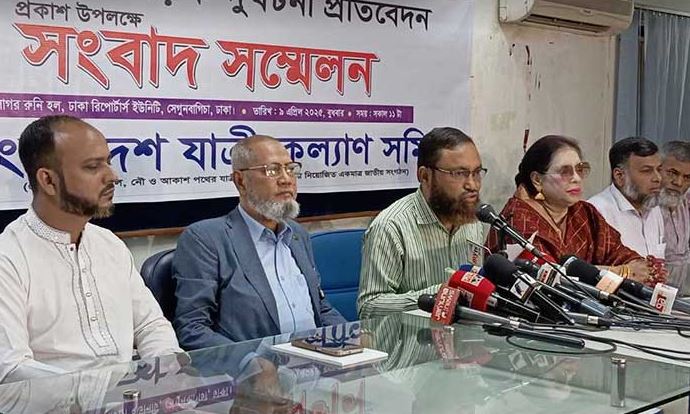

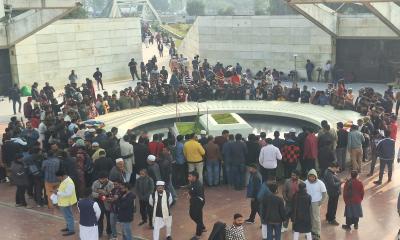
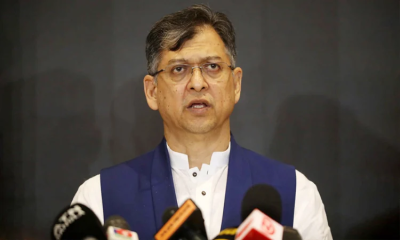

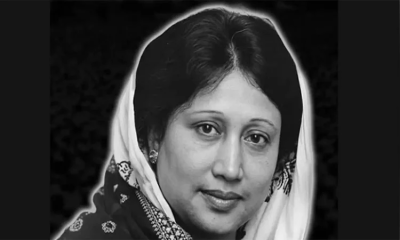
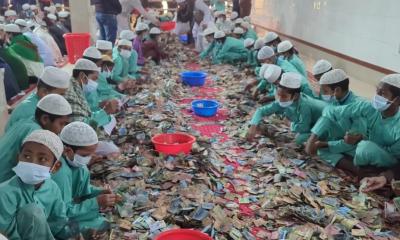
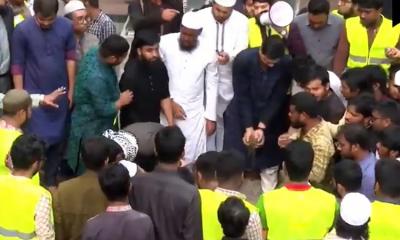
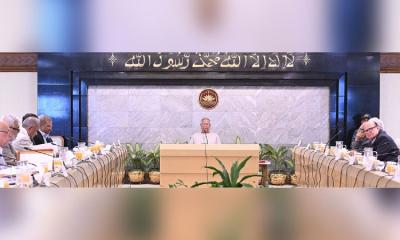
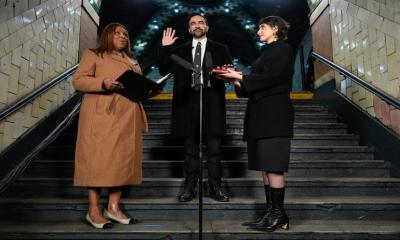
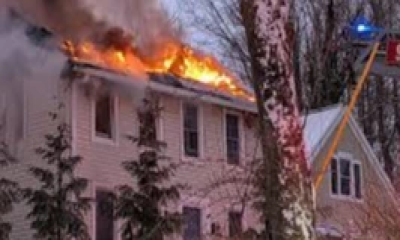


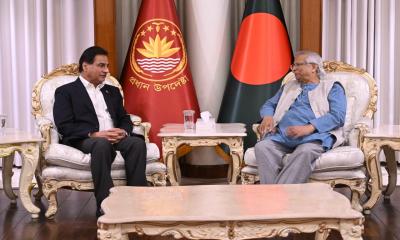


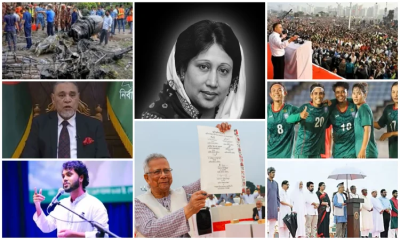
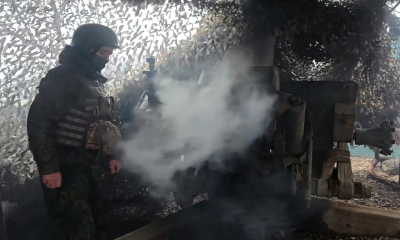


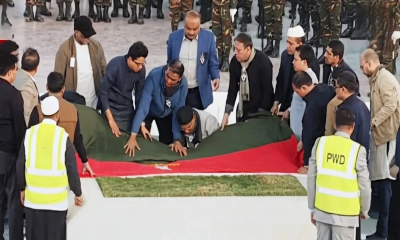
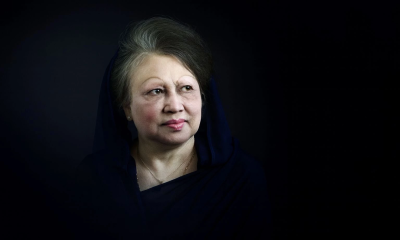

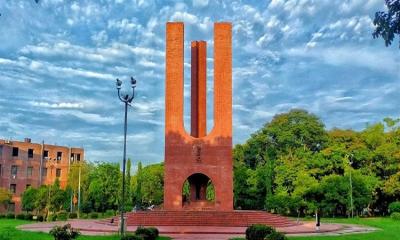
-20251227141313.jpeg)
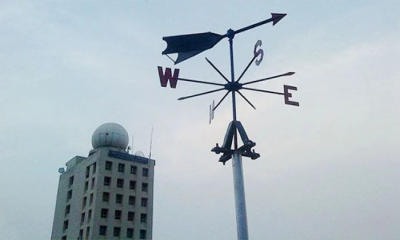
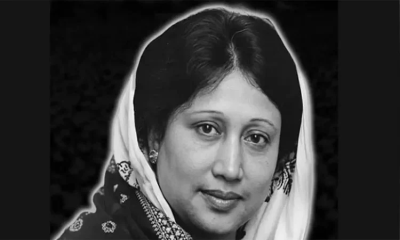

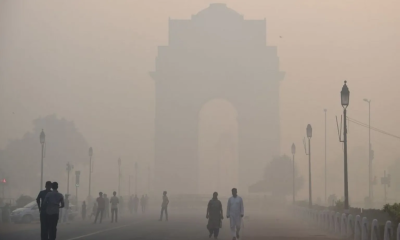
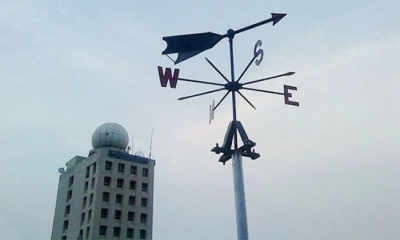

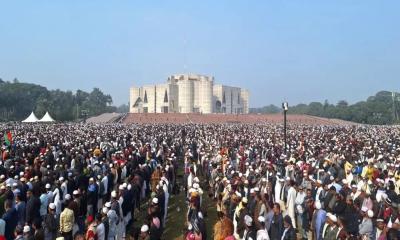
-20251229113834.jpg)

-20251228081840.jpeg)
